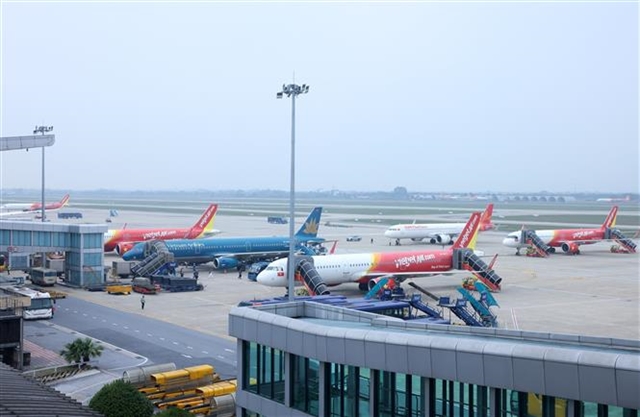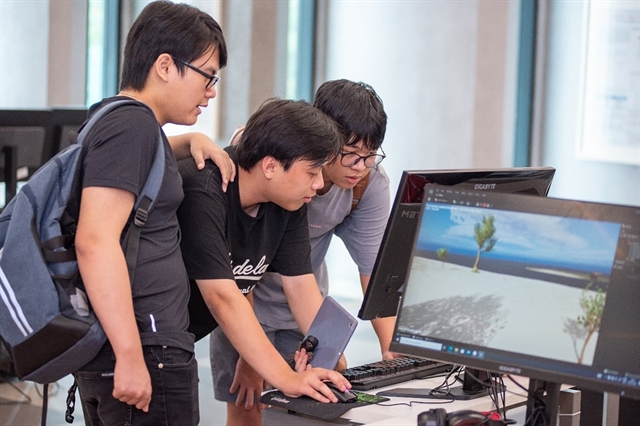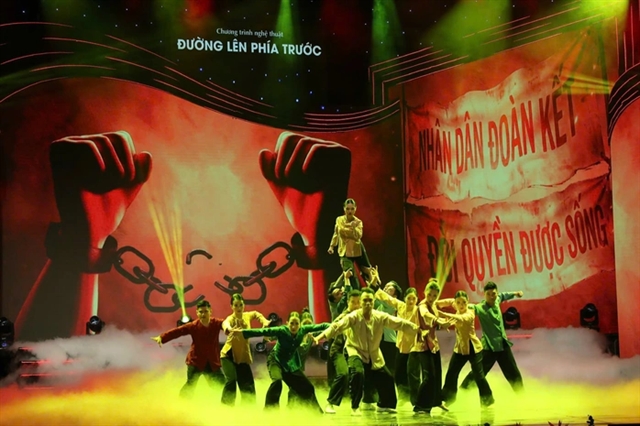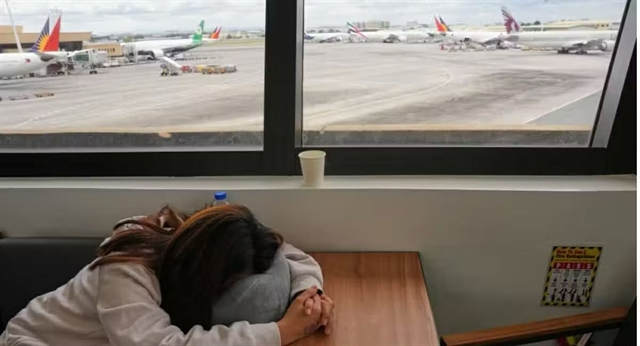 World
World
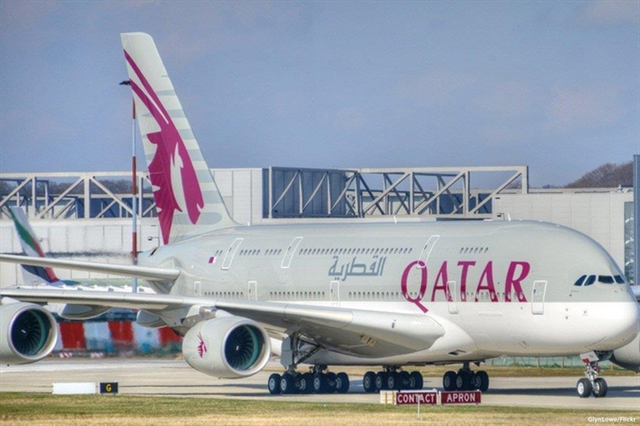
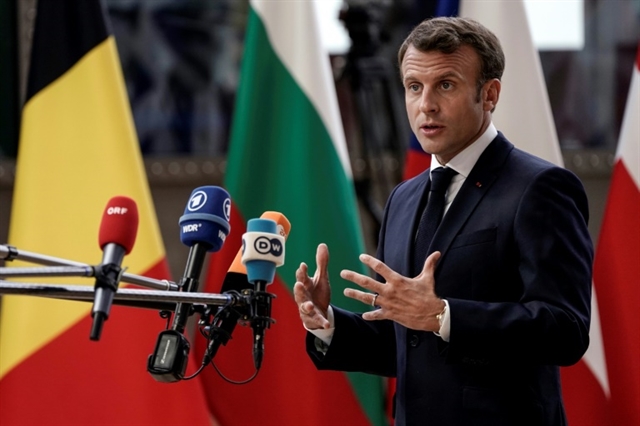
|
| France's President Emmanuel Macron speaks to the press as he arrives for an emergency EU leaders summit to hammer out a deal on the top jobs in the bloc. — AFP Photo |
BRUSSELS — European leaders embarked on what could prove a long night of furious debate on Sunday as a bid to find compromise on Brussels' top jobs ran into stiff opposition.
France's President Emmanuel Macron and Germany's Chancellor Angela Merkel came to Brussels after developing a plan on the sidelines of the G20 summit in Osaka, Japan.
Under the so-called "Sushi deal", the 28 EU leaders would nominate Dutch social democrat Frans Timmermans as president of the European Commission, rather than his conservative rival German MEP Manfred Weber.
Weber would instead be elected speaker of the European Parliament, while a liberal candidate would become president of the EU Council of national leaders.
But, when Merkel put this to fellow centre-right leaders in the EPP group immediately before the emergency summit, several rebelled, and the main summit was delayed as heads of government shuttled between side meetings.
The leaders eventually began a working dinner almost three hours late, only for the summit to be suspended an hour later to allow host EU Council president Donald Tusk to "organise bilateral meetings", his spokesman said.
Preben Aamann tweeted the summit would resume "once bilaterals completed".
Before the summit, but after the leaders from the EPP group met, Croatian Prime Minister Andrej Plenkovic warned: "There is no support for what circulated in media today."
Irish premier Leo Varadkar was also pessimistic: "I think it's fair to say there's a lot of opposition to the proposal that was made in Osaka.
"From the EPP point of view, the vast majority of EPP prime ministers don't believe that we should give up the presidency of the Commission quite so easily without a fight," he said.
A French source said the breakdown in communication between Merkel and her fellow centre-right leaders had not been anticipated and that the summit might continue all night into Monday.
For a nominee to go forward, he or she must secure the backing of 21 of the 28 EU leaders, representing 65 per cent of the bloc's population.
Timmermans, the outgoing vice-president of the Commission, spearheaded EU efforts to impose its vision of the rule of law on authoritarian-leaning eastern members and is already firmly opposed by Hungary and Poland.
The opposition to the Japan compromise would seem to kill off his chances.
"The EPP has announced that it doesn't accept the Osaka deal. The accord is dead, there'll be no agreement tonight," a senior party source said, as EU officials announced that the start of the summit had been delayed.
But even if Timmermans's momentum is derailed, Macron arrived at the summit in an upbeat mood, determined to push on with efforts to agree a power-sharing package.
The 28 leaders are aiming to agree candidates for president of the European Commission, president of their own Council and a foreign policy chief.
The European Parliament will then vote for its own speaker this week -- on Wednesday, whatever happens at the summit, speaker Antonio Tajani confirmed -- and a new director for the European Central Bank will be chosen later.
Officials are preparing breakfast talks on Monday if the summit goes late.
"The way things are presented, they will not be very simple consultations, to put it mildly," Merkel, the bloc's most influential leader, said as she arrived.
Macron, however, told reporters he expected a "constructive accord".
"I'm not pushing this candidate or that one," he said. "You've never heard me say that I'm stuck on this or that candidate."
He nevertheless reiterated the names of Timmermans, Danish liberal Margrethe Vestager and French conservative Michel Barnier.
Macron admitted he had been "hostile" to some candidates, implying Weber.
He stressed that the four candidates nominated by the leaders must include two women and someone from eastern Europe.
Merkel had discussed a four-person package at Saturday's G20 summit with Macron and prime ministers Pedro Sanchez of Spain and the Netherlands' Mark Rutte. — AFP

